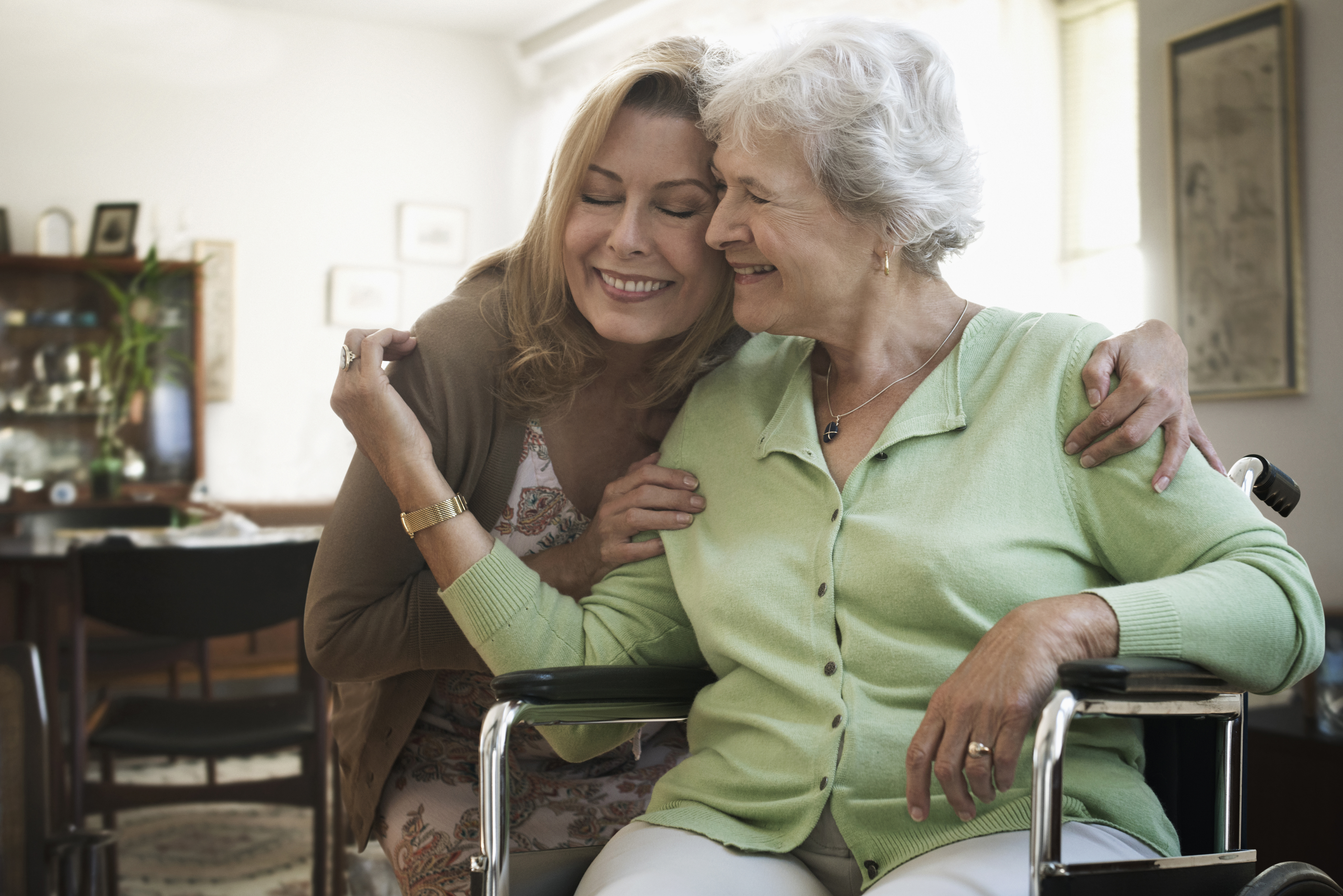AARP Hearing Center

By Darby Jones,
Professional Fiduciary and Licensed Attorney

As a fiduciary and Host of Aging Academy; Navigating Decisions, my goal is to inform, engage, and offer practical strategies likely to affect ourselves or our loved ones to help us all age with dignity, safety and knowledge. One of the most urgent and growing concerns facing older adults today is elder abuse—a serious issue that can take many forms, from financial exploitation to emotional neglect.
Awareness is the first step toward prevention. In this blog, I’ll share how to recognize the warning signs and what you can do to protect yourself and your loved ones.
What Is Elder Abuse?
Elder abuse is any intentional act —or failure to act — that causes harm or risk to an older adult. This can happen in many forms:
· Physical abuse—Inflicting bodily harm or injury.
· Emotional abuse—Verbal threats, humiliation, or isolation.
· Financial exploitation—Misuse or theft of resources.
· Neglect—Failure to provide care or support.
Solo Agers—those aging without a partner or nearby family—can be especially vulnerable, making vigilance even more important.
How to Recognize the Signs
Be alert for the following red flags:
· Unexplained injuries, bruises, or sudden weight loss.
· Withdrawal for social activities or increased anxiety or fear
· Missing possessions or unusual financial transactions.
· Poor hygiene or untreated health conditions.
· Overly controlling or aggressive caregivers
Prevention and Protection Strategies:
· Put your estate plan in place.
A current Power of Attorney (POA) is one of the strongest tools for protection. Watch our Aging Academy episode dedicated to this essential document.
· Stay socially engaged.
Isolation increases vulnerability. Make regular contact with friends, neighbors, or family a priority.
· Organize and safeguard finances.
Review bank statements and legal documents regularly. Your POA should know your financial landscape—not account numbers, but who to call if something seems wrong.
· Hire trustworthy caregivers.
When arranging in-home care, use licensed and bonded agencies that conduct thorough background checks and drug screenings. Remove or lock up valuables before care begins.
· Be cautious with phones and the internet.
Never share personal info with unknown callers
- Don’t respond to threats about bills, legal issues, or emergencies involving family
- Hang up immediately if something feels off
· Report concerns without hesitation.
Elder abuse is underreported—often due to fear or embarrassment. Many states require reporting, so know who to contact. You are not alone.
Final Thoughts:
Elder abuse awareness is not just about identifying problems—it’s about empowering seniors to live confidently, independently and with dignity. Aging Academy is committed to timely and trustworthy information to help you make informed decisions as you age.
Find more answers and tips on “Aging Academy: Navigating Decisions” on the 3rd Thursday of every month at 1p.m. EST.
And visit www.agingacademy.com or find past episodes by searching “Aging Academy” on YouTube.
Together, we can build a safer, more supportive world for aging well.































































